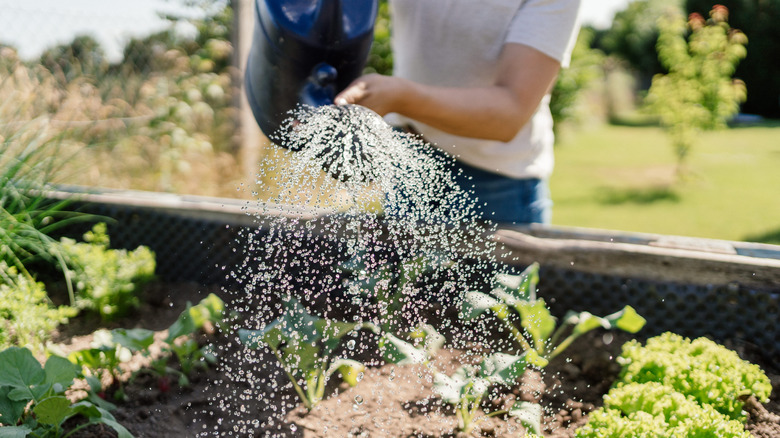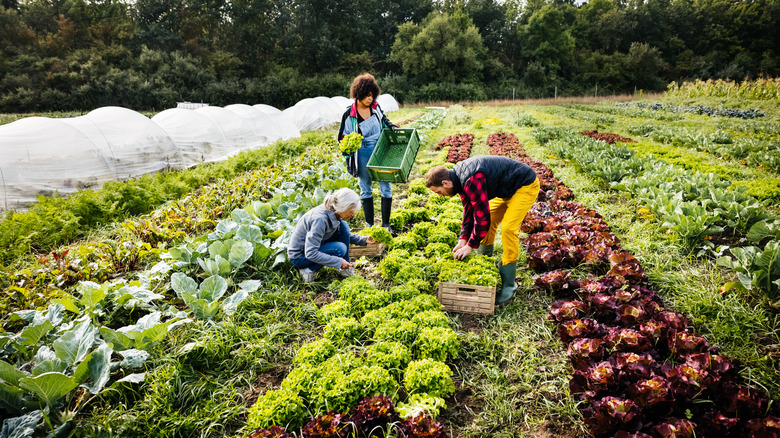The Eco-Friendly Garden Watering Method You Might Be Overlooking
If you have a garden that needs water and a pond that has water, it's natural to think of putting the two together. Pumping water from your pond to water your garden is environmentally sustainable and can save you money. Some people even claim the water is better for your plants because of all the nutrients in the pond. It's true that there are many environmental benefits of adding a pond to your garden. Ponds often have more nutrients than water from the city water supply or your well, and many of these may be good for your plants. You can also tie your pond water into a drip irrigation system, which is a watering technique that can save you money and promote healthy plant growth. However, there are several safety concerns you should be aware of when watering your garden from your pond, particularly if you're watering crops you plan to consume.
Pond water is untreated, so it may contain diseases. In addition to fish and other pond inhabitants dying and decaying in the water, other animals may also die near your pond and spread diseases such as E.coli. Animal feces can easily contaminate pond water and, by extension, your plants. If your pond was built as a runoff water catchment, it may have contaminants from road water, such as oil, gas, and other highway debris. Additionally, pollutants can easily get washed into your pond. If your neighbors use pesticides or insecticides on their lawn and it rains, the runoff can drain into your pond.
How to water your garden from your pond
You'll need to install a pump in your pond and connect it to a filter and then run the tubing to your garden. The biggest issue will likely be all of the organic matter clogging up your pump, so install a filter at the intake. Clean it often to keep the water flowing freely. You can avoid many of the dangers associated with pond water by setting up a filtration system to clean it before you use it to water your garden. Do this in stages and use natural materials, such as sand, for much of it. After your natural system has filtered out most of the contaminants, you can add a commercially available water filter as the last step in your filtering system.
As for pond water providing extra nutrients, most ponds do contain high levels of phosphorus and nitrogen, which can be great for plants. However, you can have too much of a good thing, so you may need to cut back on any other fertilizers you're using. Have your soil tested to determine what it needs, and have your water tested to determine what nutrients it's high in. You don't want to add too much of a particular nutrient to your soil, as this could throw off the balance your plants need to thrive. You'll also still need to be aware of mistakes to avoid when watering your garden.

